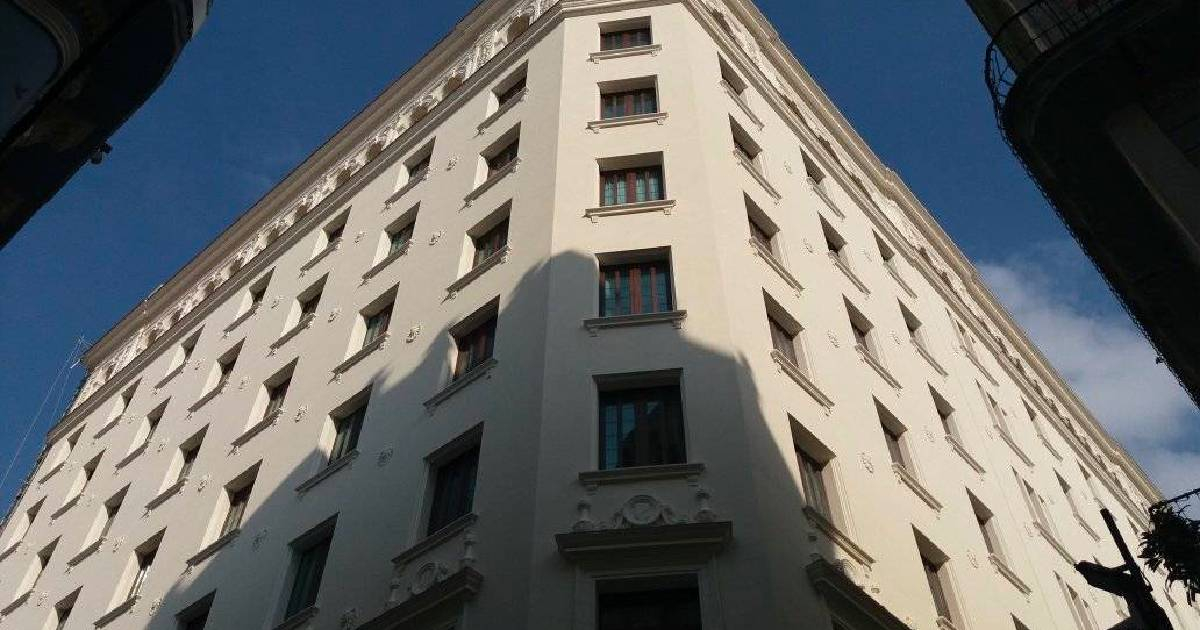Despite widespread discontent in Cuba, the Gaviota Group continues expanding its tourism infrastructure and plans to open six new luxury hotels on the island in the coming months. During a press conference in Toronto, Canada, Gaviota Group unveiled its plans for renovation and new facility openings in destinations such as Havana, Varadero, Cayo Santa María, and Holguín.
Among the upcoming projects is the opening of the Hotel Metropolis (219 rooms), managed by Kempinski in Havana, and new sections in hotels like Muthu Havana (515 rooms). Additionally, the Hotel Corona (147 rooms) in Havana, managed by the Turkish hotel chain ATG, is expected to open next year.
The Iberostar hotel, boasting 594 rooms, will open its doors in Havana's tallest building on November 20, four days after the city's 505th anniversary, according to the entity. Furthermore, a new hotel called Real Aduana will be inaugurated in Aduana del Puerto early next year. In Holguín, an unnamed hotel in Ramón de Antillas is expected to open by the end of next year.
This hotel expansion by Gaviota, the country's largest group in the sector, comes at a time when the influx of tourists is not meeting the regime's expectations, amidst a deep economic and energy crisis. The rapid construction of hotels starkly contrasts with the reality faced by Cubans, who endure power outages of up to 12 hours daily, deteriorating or insufficient housing, and a lack of basic products.
According to economist Pedro Monreal, this situation results from a political decision prioritizing real estate development for tourism at the expense of essential services like electricity, water, and gas. Monreal has pointed out that investments in the business and tourism sectors have significantly increased, while those for essential services have sharply declined.
The energy crisis has become unsustainable, with frequent blackouts severely affecting daily life. Despite this, the government continues to blame the U.S. embargo for the crisis and does not acknowledge the lack of investment in the energy sector.
Instead of addressing the population's basic needs, the regime continues to focus its resources on hotel construction, many of which operate with occupancy far below capacity. This situation has sparked criticism both within and outside the island, questioning the logic of continuing to build tourism infrastructure when demand does not justify such investments.
Monreal has suggested that it would be wise to take a "pause" in hotel investment and redirect those resources towards other priorities, such as improving energy infrastructure and agricultural production.
In 2023, Cuba failed to meet its goal of three million foreign tourists, falling far short of expectations despite the new hotel openings. The island received a total of 1,680,485 travelers during the first half of the year, according to official figures.
FAQs on Cuba's Hotel Expansion Amid Economic Crisis
Given the current situation in Cuba, many questions arise regarding the rationale and implications of the ongoing hotel expansion. Here are some frequently asked questions and their answers to provide a clearer understanding.
Why is Cuba continuing to invest in luxury hotels amid an economic crisis?
The Cuban government prioritizes tourism development, seeing it as a potential economic driver, despite the current economic and energy crises affecting the population's daily life.
What are the main criticisms of Cuba's hotel expansion?
Critics argue that the focus on hotel construction diverts essential resources from critical sectors like energy, housing, and basic services, which are urgently needed by the local population.
How many tourists did Cuba receive in the first half of 2023?
Cuba received a total of 1,680,485 travelers during the first half of 2023, falling short of its target of three million foreign tourists for the year.
What are some of the new hotels opening in Cuba?
Some of the new hotels include the Hotel Metropolis in Havana managed by Kempinski, Muthu Havana, Hotel Corona by ATG, Iberostar in Havana's tallest building, and Real Aduana in Aduana del Puerto.
